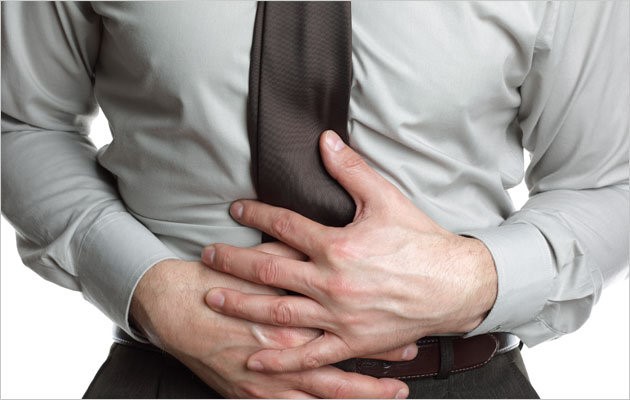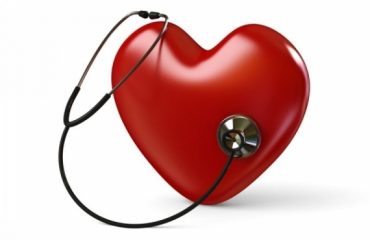You know that uncomfortable feeling—when you’re bloated or gassy and there is nowhere to run or hide. Thoughts flit through your mind as you try to figure out what caused this recent flare-up while racing to the nearest bathroom. For those who suffer with Irritable Bowel Syndrome (IBS), coping with a chronic malady like IBS can be both emotionally and physically draining.
IBS is a common gastrointestinal disorder that affects roughly 10-15% of the world’s population—and between 25 and 45 million people in the USA. It is a chronic and sometimes debilitating condition that affects more women than men. (Women are twice as likely to have IBS because it is thought that hormones play a role). According to the IBS Foundation, “many women find that signs and symptoms are worse during or around their menstrual periods. Estrogen therapy, before or after menopause also is a risk factor for IBS.”
Most people with IBS experience worse or more frequent symptoms during periods of emotional stress. There is also a genetic component; a family history of IBS cannot be discounted.
Symptoms include cramping, abdominal pain, bloating, gas, and diarrhea or constipation. IBS can be controlled by managing diet, lifestyle and stress. However, in severe cases, symptoms can be treated with medication.
The exact causes of IBS are unknown but certainly changes in gut bacteria, types of food ingested (dairy products, citrus fruits) or intestinal inflammation can play a role in triggering symptoms.
A recent study from the UK showed that there was a high incidence of Vitamin D deficiency in IBS patients. Scientists from the University’s Department of Oncology and Metabolism reviewed and evaluated all available research on vitamin D and IBS — a condition which affects two in 10 people in the UK. They also considered the possible benefits of Vitamin D supplements.
While more research should be conducted, their findings suggest Vitamin D supplements may ease symptoms. If you are considering Vitamin D supplements, remember to consult with your doctor to determine the right dosage for you.
Foods rich in Vitamin D include: salmon, tuna, mackerel, eggs (yolks specifically), soy milk and mushrooms.
If you experience a persistent change in bowel habits, this may indicate a more serious condition, such as colon cancer. See your doctor immediately if the following symptoms occur:
- Weight loss
- Diarrhea at night
- Rectal bleeding
- Iron deficiency anemia
- Unexplained vomiting
- Difficulty swallowing
- Persistent pain that isn’t relieved by passing gas or a bowel movement
Doctor Legato also advises patients to keep a journal of symptoms to keep track of triggers—sometimes by eliminating certain foods or stressors, you can cut down on flare-ups. She adds, ”Vitamin D is good for general health overall: it enhances our bone health and immune system, not to mention our well-being when we don’t get enough sun. Testing Vitamin D levels and/or adding it to diets may be a good step for those suffering with IBS.”
Strategic Communications Professional/Content Strategist/Marketing Communications Consultant





